September 20
Upton Sinclair
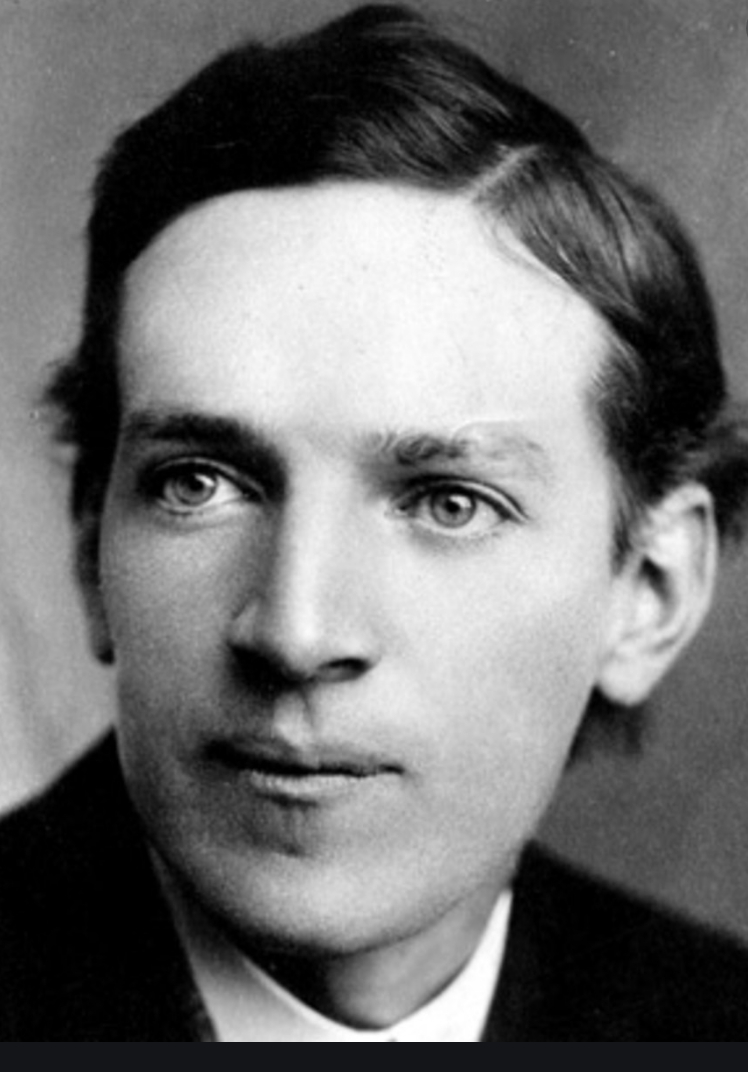
On this date in 1878, Upton Beall Sinclair Jr. was born in Baltimore. As a boy, his two heroes were (the anticlerical) Shelley and Jesus Christ. Sinclair paid for his education at the College of the City of New York and Columbia University by writing for newspapers, magazines and weeklies for boys. Sinclair’s sixth novel, the muckraking classic The Jungle (1906), launched his literary career. The Jungle brought a presidential inquiry into stockyard regulations and resulted in passage of the Pure Food and Drug Act and the Meat Inspection Act (1906).
His father was a liquor salesman and his mother was a strict Episcopalian with whom Sinclair was later estranged from for 35 years. He was skeptically deistic as an adult, never quite losing his boyhood admiration for the moral teachings of Jesus, but going after organized religion in his book The Profits of Religion: An Essay in Economic Interpretation (1918). In the preface, which Sinclair wryly titled “Offertory,” he explained, “This book is a study of Supernaturalism from a new point of view — as a Source of Income and a Shield to Privilege.”
A cursory scan of its chapters reveals its thrust: “The Priestly Lie,” “The Great Fear,” “Priestly Empires,” “Prayer-wheels,” “The Butcher-Gods,” “the Holy Inquisition,” “Hell-fire,” “Anglicanism and Alcohol,” “Bishops and Beer,” “Trinity Corporation,” “God’s Armor,” “The Unholy Alliance” and “Riches in Glory.”
Sinclair was an active socialist who ran for public office unsuccessfully several times. He wrote 90 books, many of them political novels. He won a Pulitzer in 1942 for Dragon’s Teeth about the rise of Nazism. (D. 1968)
“There are a score of great religions in the world … and each is a mighty fortress of graft.”
— Upton Sinclair's Magazine (April 1918)
George R.R. Martin
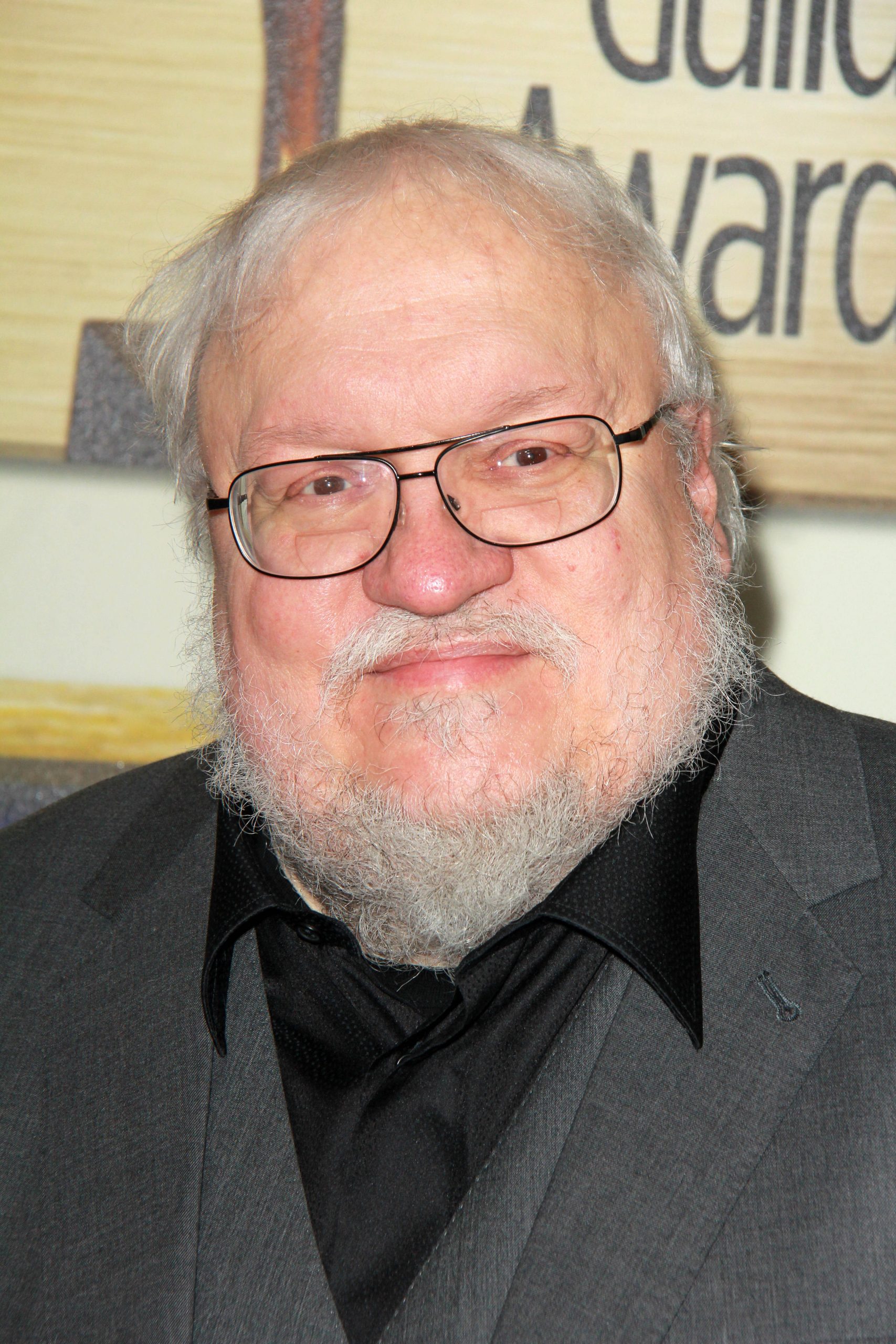
On this date in 1948, novelist, screenwriter and producer George Raymond Richard Martin was born in Bayonne, New Jersey. Martin, the son of longshoreman Raymond Collins Martin and his wife Margaret Brady Martin, grew up watching the boats come in and out of the docks. Feeling isolated, Martin turned to literature for inspiration, devouring fantasy and science fiction novels. He even began writing monster stories, selling them for pennies. Later selling his fiction to comic fanzines, Martin was first published in 1970. He earned his B. S. in journalism, graduating summa cum laude, and a master’s from Northwestern University.
During the 1970s, Martin wrote part time, working also as a VISTA volunteer and as a chess director for the Continental Chess Association. In 1976 he became an English and journalism instructor at Clarke College in Iowa. Martin moved to Santa Fe in 1979 to pursue his writing passion, receiving Hugo Awards and Nebula Awards for his short fiction. Venturing into Hollywood, Martin took a position in 1986 as a story editor for “The Twilight Zone” at CBS and as executive story consultant for “Beauty and the Beast” in 1998, quickly moving up to co-supervising producer. During this period, Martin served as vice president of Science Fiction and Fantasy Writers of America.
In 1996, A Game of Thrones was published, Martin’s first installment of the epic fantasy series that would launch him to celebrity and become his magnum opus. A Feast for Crows (2005), the fourth novel in the series called A Song of Ice and Fire, became a New York Times No. 1 best-seller. The next installment, A Dance With Dragons (2011), stayed on the best-seller list for 88 weeks. That same year, the first book was adapted by HBO into the Emmy-winning hit series “Game of Thrones,” of which Martin is the co-executive producer.
Exploring the inner turmoil of the human condition, and blurring the borders between right and wrong and good and evil, Martin’s novels are as stirring as they are thrilling. A man with a firm moral compass — he was a conscientious objector during the Vietnam War — Martin persuades readers to confront their beliefs, to question bedrock assumptions, often killing his darlings to the dismay of his fans. Martin was married to Gale Burnick (1975 to 1979) and in 2011 married Parris McBride.
“You would consider me an atheist or agnostic. I find religion and spirituality fascinating. I would like to believe this isn’t the end and there’s something more, but I can’t convince the rational part of me that that makes any sense whatsoever.”
— Martin, Entertainment Weekly interview (July 12, 2011)
Malachy McCourt
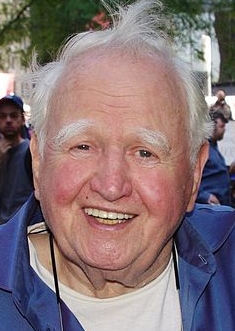
On this date in 1931, actor-writer Malachy Gerard McCourt was born in Brooklyn, N.Y., one of seven children born to Irish immigrants Malachy and Angela (Sheehan) McCourt. The family moved back to Ireland during the Great Depression, with the children growing up in poverty due to their father’s frequent absence and alcoholism — a disease his namesake would later fall prey but not succumb to — and their mother’s subsequent depressed state. At age 20, McCourt returned to New York.
After an Air Force hitch, he worked as a laborer, dishwasher, longshoreman and concrete inspector for the New Jersey Turnpike. He started the first singles bar in Manhattan, then began a tumultuous radio talk show career in 1970, which ended six years later with his firing. He had some success as a stage and TV actor and eventually made several movies. After divorcing his first wife Linda Wachsman after they had two children, he married Diana Galin in 1963. They had two more children together. He took his last drink of alcohol in 1985.
While his brother Frank was the more acclaimed writer (particularly for his Pulitzer Prize-winning Angela’s Ashes), McCourt also wrote extensively, including his own best-selling memoir A Monk Swimming (from his mishearing as a child the Hail Mary’s “Blessed art thou amongst women”).
He also wrote about being molested by two priests, and in Death Need Not Be Fatal took the Catholic Church to task for failing him personally and the poor and impoverished generally. He was the 2006 Green Party candidate for New York governor, losing to the Democratic candidate Eliot Spitzer.
He died at age 92 at Lenox Hill Hospital in New York City. (D. 2024)
PHOTO: By David Shankbone under Creative Commons Attribution 3.0
“I started out life as a member of the One Holy Roman Catholic Apostolic Church, and I am coming to the end of it without organized religion or mystical thinking. I am an atheist, thank God, with no fear of hell and no hope of heaven.”
— "Death Need Not Be Fatal" (Center Street, May 16, 2017)
Rosemary Matson
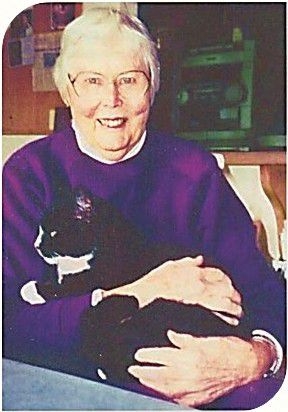
On this date in 1917, feminist, activist, humanist and grassroots organizer Rosemary Matson was born at the family farm in Geneva, Iowa. Matson set an example for others by acting virtuously and advocating for world peace, equal opportunity and the right of women to have a voice. She lived in many places, including Chicago, Los Angeles, Boston, Berkeley, Calif., and, finally, in her longtime home in Carmel Valley, Calif.
Matson was a longtime member of the Women’s International League for Peace and Freedom and the National Organization for Women. Through these organizations, she conducted outreach, served on committees and created programming. She also co-wrote a 100-page guide for a Unitarian Universalist (UU) course on patriarchy that used Unraveling the Gender Knot: Challenging the System that Binds Us by Allan G. Johnson as the text.
Matson did not identify as an atheist, and she and her husband Howard Matson became prominent figures in the UU’s Women and Religion Movement. However, she worked to remove sexist practices from Christianity and performed weddings and memorial services as a humanist minister, using nonsexist practices and nontheistic inspirational statements. She was honored with a UU Ministry to Women award in 1998 and received many other awards for her decades of leadership in peace and social justice movements.
She overcame breast cancer and was honored in the 2006 collection “Feminists Who Changed America, 1963-1975.” She died at age 97. (D. 2014)
“A new global ethic is absolutely essential at this critical juncture in history. But it can only come about with a more balanced social system — a balance between feminine and masculine characteristics, behaviors and perspectives.”
— Rosemary Matson, "Women reborn — a humanistic revolution," essay in The Humanist
Lesley Hazleton
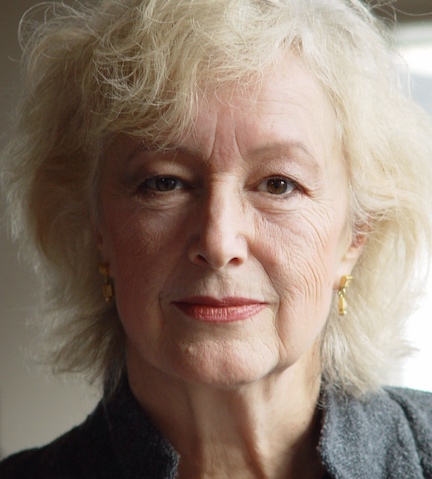
On this date in 1945, author Lesley Adele Hazleton was born in Reading, England. She was raised by nominally Orthodox Jewish parents, Sybil (Silverman) and Jessel Hazleton, a general practitioner, and was the only Jew attending a Catholic convent school. She developed into “an agnostic with a deep sense of mystery but no affinity for organized religion.” (Publishers Weekly, May 21, 2007)
She earned a B.A. in psychology from the University of Manchester and a master’s in psychology from the Hebrew University of Jerusalem, where she taught in an experimental high school before turning to journalism. She reported from Jerusalem for several major publications before moving to New York in 1979.
In her first book, “Israeli Women: The Reality Behind the Myths,” published in 1977, she announced that she had no plans to marry and did not want children. In addition to her other journalistic efforts, she started driving race cars and wrote car columns for Lear’s and the Detroit Free Press.
She published “Confessions of a Fast Woman” about her automobile adventures in 1992 and started a blog about faith and religion titled Accidental Theologist. That was the year she moved into a floating home in Puget Sound near Seattle. “Mary: A Flesh-and-Blood Biography of the Virgin Mother” appeared in 2004, followed by “Jezebel: The Untold Story of the Bible’s Harlot Queen” in 2007. Her 2009 book “After the Prophet” explored the roots of Shia and Sunni Islam.
“The First Muslim: The Story of Muhammad” was released in 2013. “Agnostic: A Spirited Manifesto” was her last book, published in 2016.
In “Agnostic,” Hazleton wrote that “I resist thinking of myself as spiritual.” Expounding on that in a 2016 interview on FFRF’s Freethought Radio, she said, “There are many things that I believe, obviously, but there is nothing that I believe in.” She added that she would like readers of the book to appreciate “the need for mystery, the delight of mystery, of not knowing, … to really appreciate doubt. People are terrified of doubt, and of course that is totally church imposed.”
“Consider: A stranger calls you on the phone, says she’s conducting a survey, and asks if you believe in God,” Hazleton wrote. “You can answer only yes or no, since don’t knows don’t count. And consider too that if you simply hang up, as you’re likely to do if you consider this an absurdly simplistic question, you don’t count either.”
The above was Hazleton’s explanation why polls usually indicate that Americans are such devout believers in God; if you force someone to make a binary choice, all nuance and shading simply disappear, wrote reviewer Paul Constant. (Seattle Weekly, April 6, 2016)
“I stand tall in my agnosticism,” Hazleton wrote, “because the essence of it is not merely not-knowing, but something far more challenging and infinitely more intriguing: the magnificent oxymoron inherent in the concept of unknowability.” (New York Times, May 7, 2024)
Diagnosed with terminal kidney cancer, she died at home at age 78 with the aid of hospice volunteers using Washington’s Death With Dignity Act. She announced her death in an email she scheduled to be sent to friends after she died. (D. 2024)
“I place my faith in inquiry.”
— "Agnostic: A Spirited Manifesto" (2016)
